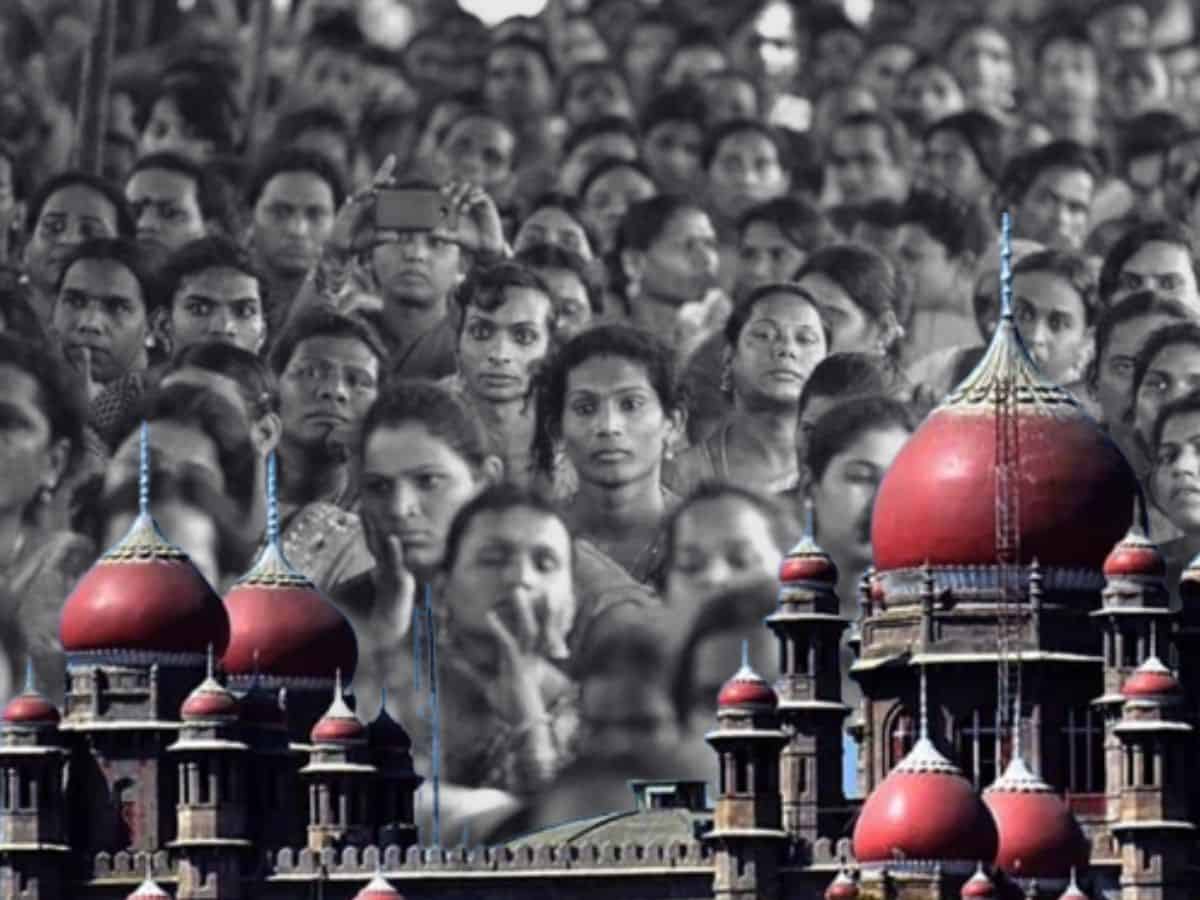
Hyderabad: In a historic move, the Telangana High Court struck down the Telangana Eunuchs Act, 1329 Fasli, and termed it “unconstitutional”. The court observed that the law was a violation of the rights of the transgender community.
The judgment was passed by a divisional bench comprising Chief Justice Ujjal Bhuyan and Justice CV Bhaskar Reddy on last week, after hearing PILs filed by transgender rights activist Vyjayanti Vasanta Mogli and two others.
The bench stated that the law was an “intrusion” into the private sphere of the third-gender community and also assaulted their dignity. “Observing that the statute is an intrusion into a private sphere of transgender persons as well as an assault on their dignity. The law violates not only Article 14 but violates Article 21 unambiguously,” the bench stated.
The court termed the law as arbitrary and stated that the legislation proceeded based on the presumption that criminalised eunuch community. It further noticed that the resolution had gathered specific tribes and declared them as criminal tribes and eunuchs.
“Such an enactment was not only arbitrary but had generalised entire communities of eunuchs community as criminal tribes. They were presumed to be criminals and police had full power to keep them under surveillance, arrest them, and to take action against them without a warrant under the law” the court said.
Brief history
The Telangana Eunuchs Act, 1329 Fasli, was previously referred to as Andhra Pradesh (Telangana area) Eunuchs Act. It was first implemented in 1919.
- The Act permitted the arrest and imprisonment of transgender people without a warrant.
- If eunuchs living in the city of Hyderabad were associated with kidnapping, emasculating boys for committing “unnatural offenses.”
- If an eunuch persons were found in the company of a boy under the age of 16, they would be arrested.
The verdict
During the hearing, the high court also instructed the Central and state governments to provide reservations to transgender people in public education and employment.
“The State of Telangana is directed to issue government instructions to provide reservation to persons belonging to the transgender community in matters of admission into educational institutions and recruitment to Government and public services,” the judgment reads.
The court also heard two other PILs filed by the activists, regarding extending the Telangana government’s Aasara Pension Scheme to the transgender community. “It also ordered the Telangana government to extend the benefits of the Aasara Pension Scheme to transgender people,” the court said.



